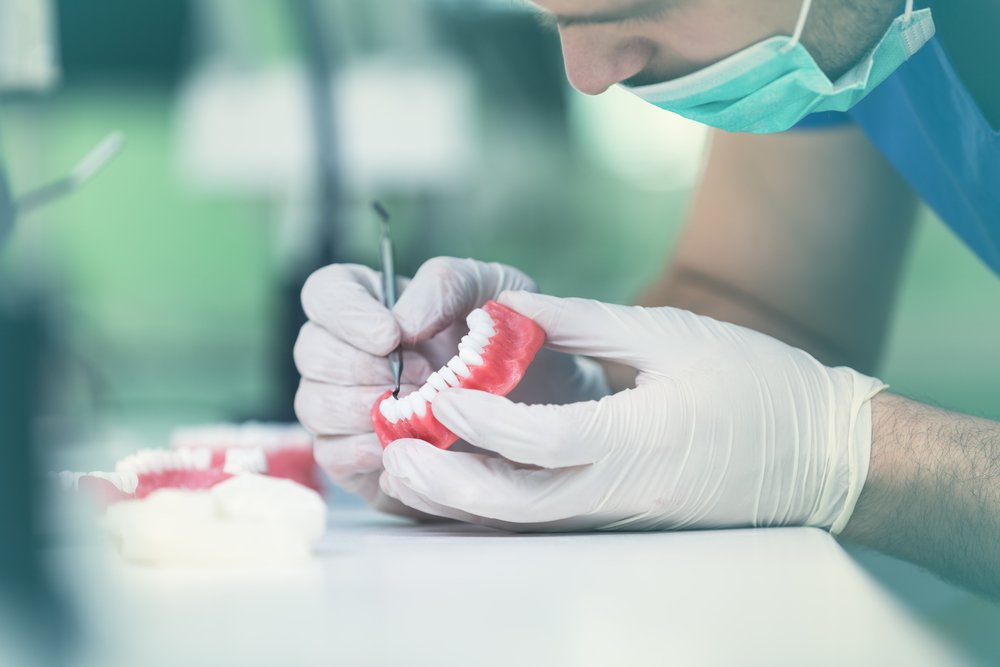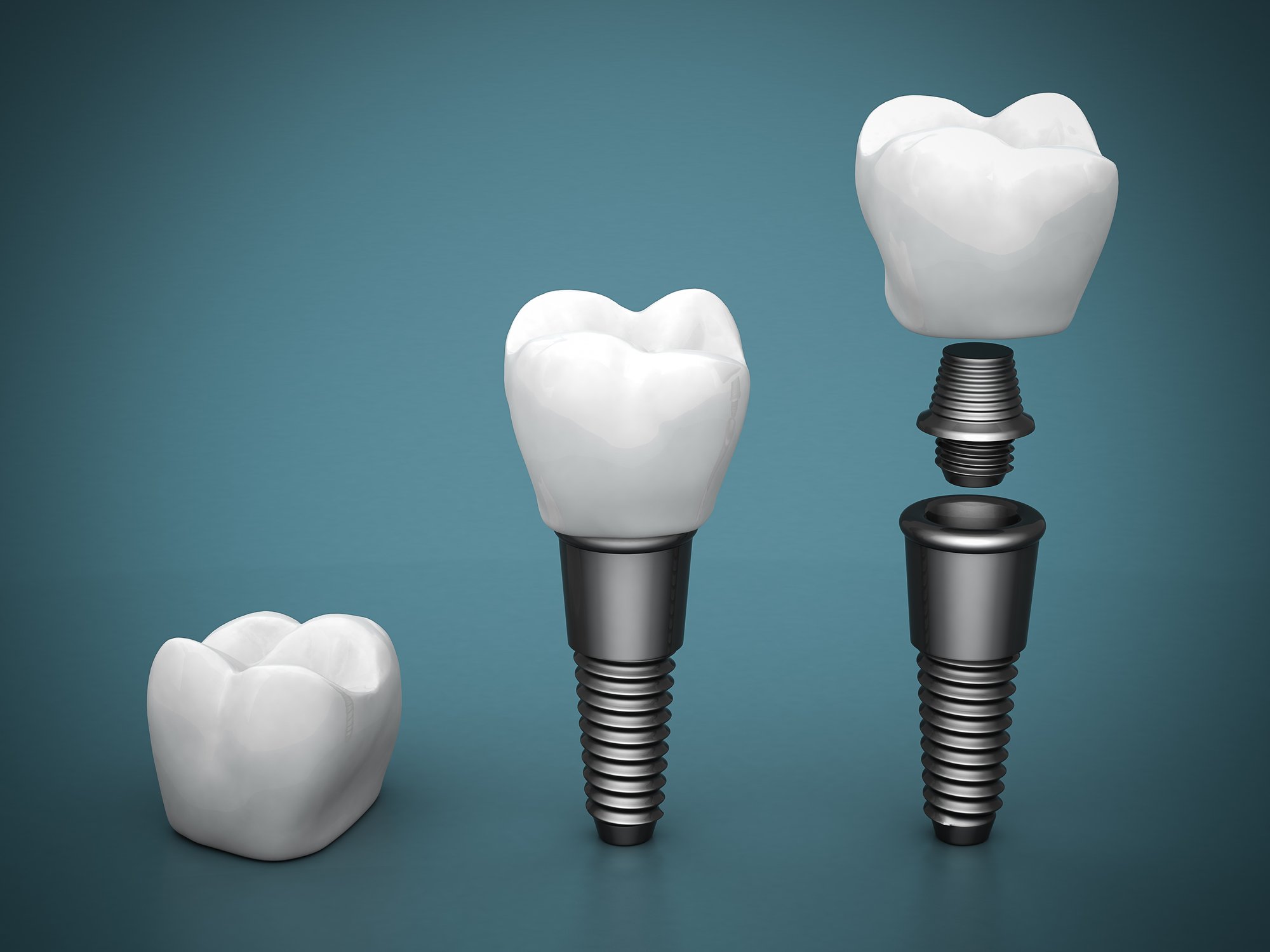
Are you searching for a consistent, faithful “family dentist near me” that can do it all? Family-focused dentists undergo training to serve every stage of life in preventive, restorative, and cosmetic dentistry. Here are four measures that people can take to make sure that they choose a suitable family dentist.
1. Search “family dentist near me.”
“Near me” searches are location-based searches. When conducting “near me searches,” Google uses GPS (Global Positioning System) to deliver results that are closest to the searcher’s current location. Typing in “family dentist near me” is a simple phrase that can help you find dentists near you.
2. Check out photos of previous work.
Most of us have heard the cliche, “a picture is worth a thousand words.” Yet, they may be worth even more than that. Humans are highly visual creatures, and we have observed the world around us since birth. In fact, our eyes work with our brain to decode and understand pictures. According to scientists at MIT (Massachusetts Institute of Technology), half the human brain is devoted directly or indirectly to vision. Because humans are hardwired to use images to support understanding, photographs of previous work can help prospective patients understand:
- What a dental team has already accomplished
- Predict the quality and types of services a dentist can perform for them in the future
3. Visit the practice (virtually).
Before, families could visit dental offices to meet a few members of a dental team and feel the ambiance of a clinic. Even with current Public Health Orders and Restrictions, you can still learn more about a practice by visiting their website:
- Learn more about the dental team
- Explore offered services
- Presume the tone of an office by reading blogs
4. Consider online reviews.
With access to information at our fingertips, it’s wise to research others’ opinions and experiences before committing to a practice. Families should look for two things: positive and negative reviews:
- Positive reviews are a sign that patients are satisfied with their care. Does the dentist offer comprehensive services? What extra steps does the family dentist take to improve the patient’s experience?
- The key to understanding negative reviews is not necessarily concerned about what the patient complained about, and it’s even more critical to focus on how the dental practice handled the complaint. Were they understanding, polite, and professional? Did they solve the complaint swiftly?
After appointments, patients are encouraged to leave honest feedback on Google, Facebook, and more. Here are some sentiments that our patients had to say about Magic Smiles Woogoolga:
- “Had three fillings today, and I don’t like needles, so I did it without the needles. The surgeons were so good and patient and fast. No needles weren’t a problem! My teeth feel amazing, and I have never liked a dentist until now!”
- “Very knowledgeable and competent dentist.”
- “Great Family and Specialist Dental Practice in Woolgoolga”
- “Best dentist in my life. Thank you soooooo much!”
- “Professional, friendly, and felt at ease as soon as I arrived. Great work, Dr. Arpit, and team!”
Woolgoogla Family Dentist Near Me
Searching for a dentist in Woolgoolga, NSW, and surrounding areas that can treat every family member? Look no further. Dr. Arpit Pathak is an exceptionally highly rated dentist that helps patients achieve healthier, more brilliant smiles. At Magic Smiles Dental & Implant Centre, Dr. Pathak offers extensive dental treatments in an attempt to meet most needs. To schedule an initial consultation with a Woolgoolga Family Dentist today:
- Call (02) 6654-0650
- Email [email protected]
- Send a message online






Recent Comments